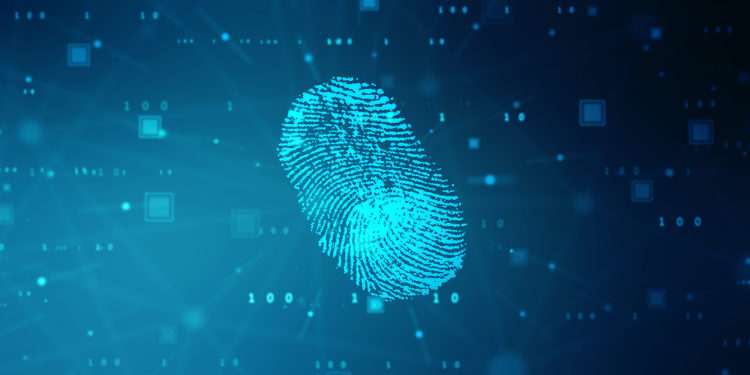Apple's iOS 15 will be released in the fall and will bring iCloud+ with the so-called "Private Relay" function. The feature will mask a user's IP address to prevent them from being tracked over the Internet and could mean the end of fingerprinting of iOS devices, according to a report.
According to DigiDay, some marketers believe that Apple is not enforcing its App Tracking Transparency (ATT) rules as strictly as it could - but that Private Relay could be the ace up its sleeve. Apple's Private Relay routes an iPhone, iPad, and Mac's data through an Apple server and then through another owned by a trusted third party. No one knows who that third party is, and it's the use of separate inbound and outbound servers that ensures user privacy. As a result, web services have no idea what the real IP address is - including the trusted third party. And that's where Apple's anti-fingerprinting goal is supposed to come in.
Private Relay renders a person's IP address useless for fingerprinting because it reroutes web traffic through two separate servers. Granted, an IP address is just one of many aspects that create a fingerprint of a person's behavior on a device - but an important one.
iCloud+ Private Relay: It's a game of cat and mouse
DigiDay is the Opinionthat Private Relay is just the beginning. There will be more privacy measures from Apple that could make it even more difficult to identify devices - and users - on the Internet. But the system is not perfect.
There are other loopholes in Private Relay that could be exploited. For example, Private Relay restricts the traffic apps send over an insecure web connection (HTTP), so apps that use an IP address for fingerprinting could theoretically get around it by using a secure web connection or another transport protocol. This could lead to a "game of cat and mouse" between Apple, ad tech vendors with fingerprinting solutions and the apps that integrate them, said Aaron McKee, chief technology officer at mobile ad tech vendor Blis.
It is this cat and mouse game that Apple has entered into and, at least so far, the company seems to be up to the fight. No one knows who will win. One thing is certain, however - anyone who buys an iPhone gets a particularly important feature that Android does not offer - namely privacy, something that Apple has rightly been promoting for a long time. You can find out more about how the Private Relay works below. (Photo by GreenTech9947 / Bigstockphoto)





